
CONTACTAbout UsCAREER OPPORTUNITIESADVERTISE WITH USPRIVACY POLICYPRIVACY PREFERENCESTERMS OF USELEGAL NOTICE
© 2025 Equal Entertainment LLC.
All Rights reserved
All Rights reserved
By continuing to use our site, you agree to our Privacy Policy and Terms of Use.
We need your help
Your support makes The Advocate's original LGBTQ+ reporting possible. Become a member today to help us continue this work.
Your support makes The Advocate's original LGBTQ+ reporting possible. Become a member today to help us continue this work.
If any major television network can be said to be advancing the visibility of transgender people on TV, it would surely be ABC. After all, it's the first major network to cast an actual transgender actress in a recurring role (Candis Cayne as Carmelita on Dirty Sexy Money) and the first to feature a regular starring character that is trans (Ugly Betty's Alexis Meade, played by nontrans actress Rebecca Romijn). Earlier this year, the network came under fire by religious conservatives as it gallantly stood behind its first transgender competition-show contestant, Dancing With the Stars' Chaz Bono.
All of this explains, in part, why it's so disappointing -- for producers, network presidents, LGBT viewers, and nearly every transgender woman in America who reads the blogs -- that ABC's new mid-season sitcom Work It is the subject of so much conflict over its perceived anti-trans bias. I say that because in this current scenario, not a single person wins.
First, the basics: Work It could have been a hilarious social commentary on the collective male fear of workplace emasculation, the thesis bandied about by some academics and men's rights groups that men are losing ground to women in the workplace, that men have become the new minority when it comes to career trajectories that have us all achieving the quintessential American dream. It's a theme that's likely got a tiny basis in reality. Though women still don't earn as much as men overall, and women -- and sometimes gay men -- are still vastly overrepresented in pink-collar jobs, universities are seeing emerging achievement gaps in some fields, in which women are now at least enrolling in programs at much greater numbers than men, for example.
But Work It is not a hilarious social commentary. It's not a hilarious anything. The premise is simple, albeit ripped from the 1980s hit Bosom Buddies (a show that would seem delightfully dated in a post-Chaz Bono world, in which we all know much more about the existence, if not the reality, of transgender people). The show stars two very capable actors -- Benjamin Koldyke (who played Alby's gay Mormon lover on Big Love and Robin's boyfriend Don on How I Met Your Mother) and Amaury Nolasco (who played Fernando on Prison Break) -- who both deserve much better material.
They're former employees of a Pontiac dealership who have been canned, along with their decidedly sexist male friend, thanks to a flagging economy in St. Louis. After failing to get a job, one overhears of an opening for a pharmaceutical rep, a position for which men aren't hired because, as one insipid female character says, "doctors want to nail them less."
The pharma girl phenom has been pop culture scuttlebutt before; How I Met Your Mother tackled it with a funny storyline in 2010. Which underscores how outdated the show is. One character waxes about the "mancession" and how women will soon rid the world of all but a few men, whom they keep around as sex slaves, but not the kind of sex men like, just "kissing, cuddling, listening," and you can't help but think about how outdated the baseline is here.
So in turn, the men dress up as women and get hired as such, and I'm sure that's where it says in the network's original pitch, "Hilarity ensues." But it doesn't.
That these men in drag could be hired as women is beyond belief, and the very real danger in pretending they could is that it flies in the face of reality: that actual transgender women have an extremely hard time finding and keeping a job, especially those who have not had a great deal of feminizing surgery. For transgender women, especially those who transitioned after puberty, feminizing surgery costs tens of thousands of dollars and can include foreheadplasty, rhinoplasty, cheek implants, jaw and mandible restructuring, tracheal shaving, chin narrowing, brow lifts, orbital reshaping, electrolysis, breast implants, body sculpting, and liposuction. That doesn't even include what we generally think of as gender-reassignment surgery, or bottom surgery. For many trans women, especially the later in life they transition, the fewer of these procedures they've had, the harder it is for them to pass, and the more frequent it is that they appear to the average non-informed American (i.e., much of the intended audience for Work It) to be mere men in drag.
So while the characters on Work It are clearly cross-dressing men, not transgender women, the average American doesn't understand the difference. That's what makes the show so dangerous. Off-screen, transgender people face significantly disproportionate rates of unemployment (not to mention discrimination, violence, and poverty). so the farce of saying these men get jobs not in spite of but because of the fact that they look like nonpassing trans women is a ridiculous at best, dangerous at worst. Letting audiences laugh as these men struggle with passing in a world built entirely on traditional feminine constructs may have the unfortunate consequence of making people think it's funny to laugh at trans women too.
Work It won't just anger transgender activists; I'm fairly certain that a good number of women won't relish it either. Somehow, the world in which the cross-dressers are employed is straight out of a 1950s typing pool (and not the one from Mad Men). The women are catty, stupid, and hyper-feminine; the only one who doesn't have or want a husband is presumed to be a lesbian. After one of the cross-dressers fails his job interview because he's hitting on the other woman too much, she eventually hires him because he knows how to fix a car and she's in a bind. Of course, in an office full of women, the only person who can fix a car is the man in drag (is it 1982 all over again?).
The show segues from one guy's work life to his home life (best line of dialogue: "As a woman, I'm going to ask you to stop comparing prostate exams to the pinball scene in The Accused. It's not OK"). He's shown strapping down in Spanx, padding up in a push-up bra, all while the Black Eyed Peas' "My Humps" plays and he struggles to hide his penis under his skirt. It underscores what most Americans find most threatening about trans women: that there once was and maybe still is a penis underneath that skirt.
Knowing the hysteria that has accompanied the outing of trans women -- often followed by great violence -- it's hard to find funny the scenes in which these cross-dressed characters are called "beautiful," even with a wink, where their size and girth get canned laugh track responses, or one in which a character finds "her" binding falling out as she dances with her new female coworkers. Because in reality, there is nothing funny about not passing.
I know, I know, I get the argument that ABC is making, that these are not transgender women, merely men, a la Monty Python, who are cross-dressing for a laugh. But Monty Python is over 40 years old, and I'm with the Gay and Lesbian Alliance Against Defamation on this one. Sorry, ABC, I love what you've done for us so far, but when it comes to Work It, I'm worried that by telling folks to laugh at these cross-dressed men, it may give them license to laugh at transgender women who look -- and struggle to find work -- just like them.
GLAAD and the Human Rights Campaign teamed up to put an ad in Variety today to ask ABC to at the very least shit-can the advertisement that features the two main characters, dressed as women, standing at urinals. Trans activists know all too well the fear that trans women feel, rightly, in public bathrooms, and that ad surely won't make it any better. But I'm sure GLAAD is hoping ABC, a network so on the ball with trans representation this year, will reconsider the whole show.
I like the network, like the actors, don't mind exploring men's fears (hell, I like Two and Half Men, probably the most sexist show on the air), and frankly would love a world where women ruled the workforce, but no matter how you define it, Work It doesn't belong on TV at time when transgender women can be legally fired in 34 states for no reason, where 97% report being harassed at work, and where 26% have reported being fired simply for being trans. Let's come up with a funnier show.
DIANE ANDERSON-MINSHALL is executive editor for The Advocate. Follow her on Twitter at @DeliciousDiane.
deliciousdiane
From our Sponsors
Most Popular
Bizarre Epstein files reference to Trump, Putin, and oral sex with ‘Bubba’ draws scrutiny in Congress
November 14 2025 4:08 PM
True
Jeffrey Epstein’s brother says the ‘Bubba’ mentioned in Trump oral sex email is not Bill Clinton
November 16 2025 9:15 AM
True
Watch Now: Pride Today
Latest Stories
Joe Biden to receive top honor at LGBTQ+ leadership conference for his contributions to equality
December 02 2025 6:00 AM
On World AIDS Day, thinking of progress and how to build on it in the face of hostility
December 01 2025 7:47 PM
Ex-Biden White House aide called out for implying Cory Booker’s new marriage is suspicious
December 01 2025 6:04 PM
True
HIV-positive men stage 'Kiss-In' protest at U.S.-Mexico border (in photos)
December 01 2025 12:56 PM
Maryland community outraged after ‘bigoted’ early morning rainbow crosswalk removal
December 01 2025 11:07 AM
19 LGBTQ+ movies & TV shows coming in December 2025 & where to watch them
December 01 2025 9:00 AM
Gay NYC councilman running for Congress says America is at a crossroads
December 01 2025 6:52 AM
Trending stories
Recommended Stories for You

Diane Anderson-Minshall
Diane Anderson-Minshall is the CEO of Pride Media, and editorial director of The Advocate, Out, and Plus magazine. She's the winner of numerous awards from GLAAD, the NLGJA, WPA, and was named to Folio's Top Women in Media list. She and her co-pilot of 30 years, transgender journalist Jacob Anderson-Minshall penned several books including Queerly Beloved: A Love Across Genders.
Diane Anderson-Minshall is the CEO of Pride Media, and editorial director of The Advocate, Out, and Plus magazine. She's the winner of numerous awards from GLAAD, the NLGJA, WPA, and was named to Folio's Top Women in Media list. She and her co-pilot of 30 years, transgender journalist Jacob Anderson-Minshall penned several books including Queerly Beloved: A Love Across Genders.









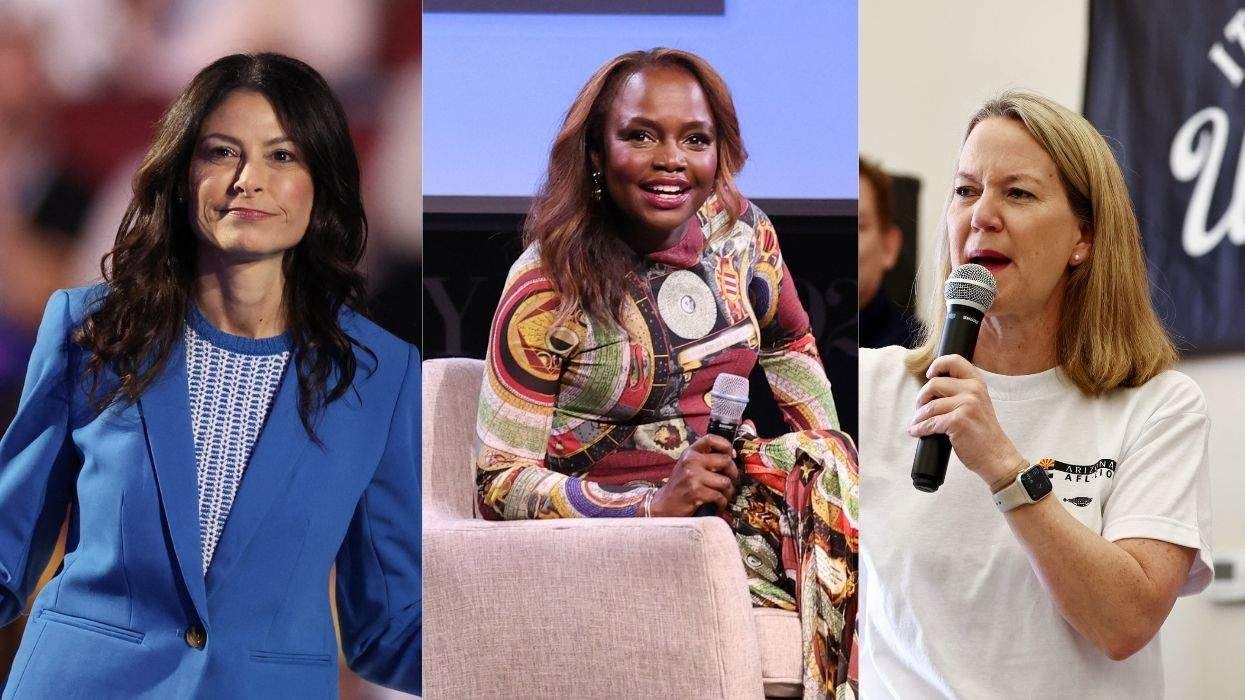



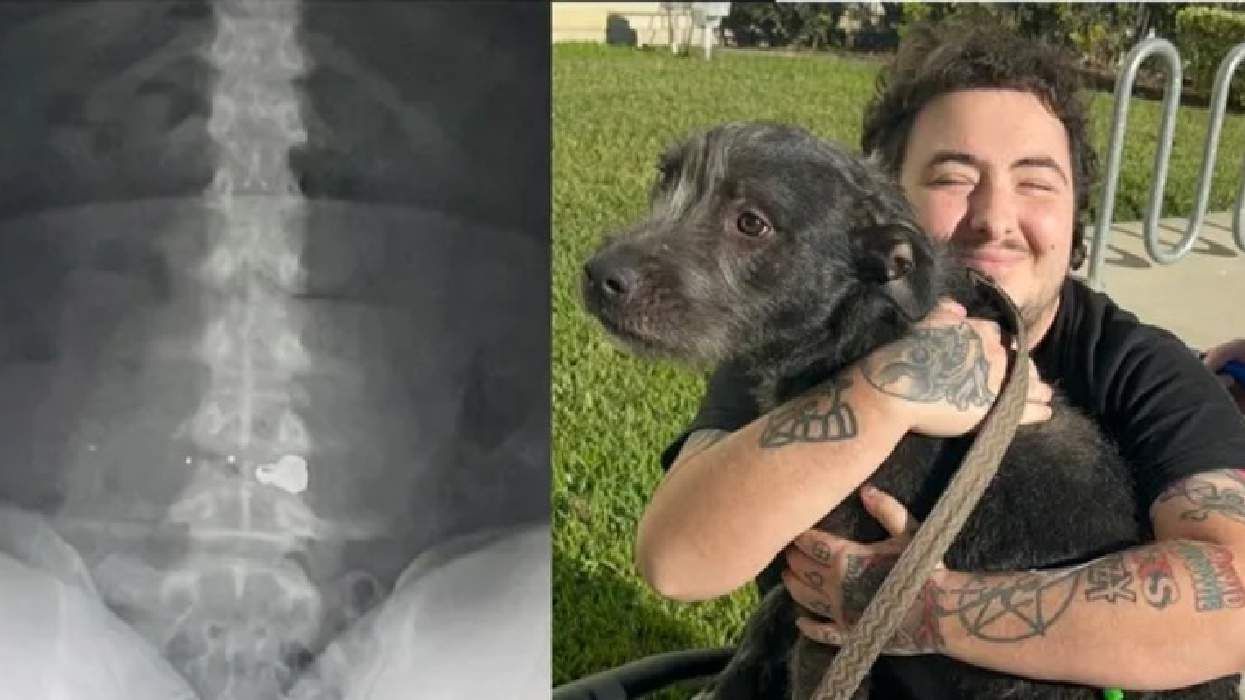
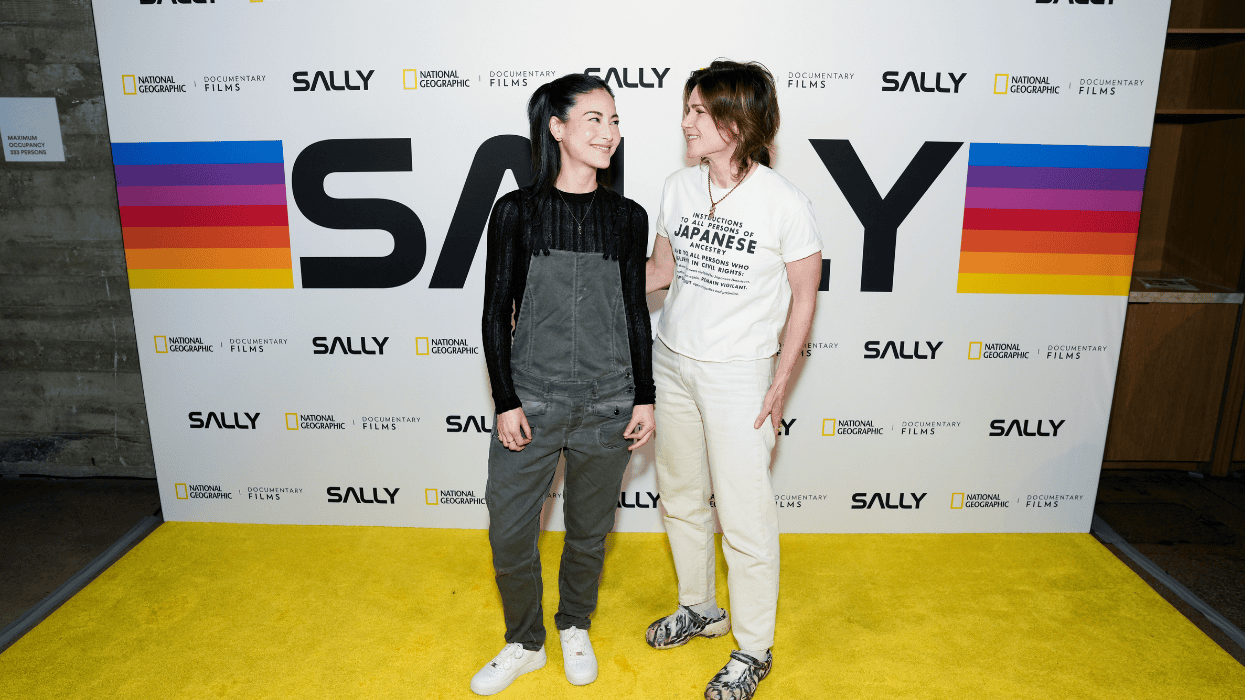
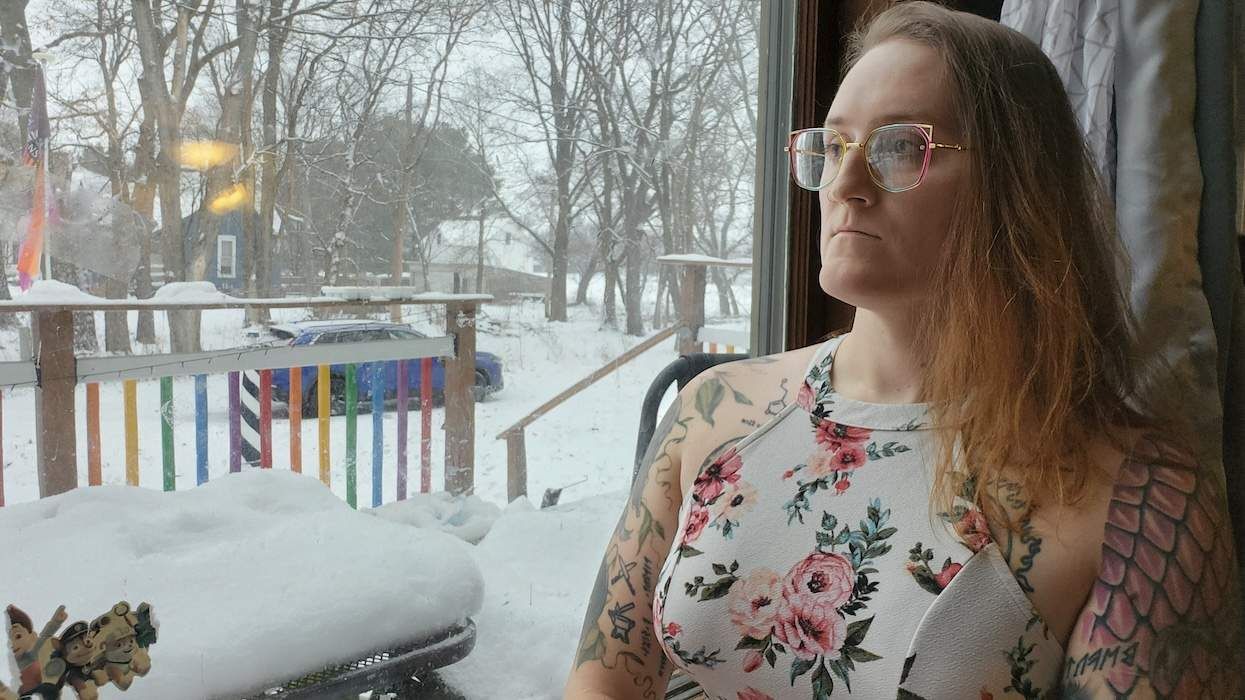

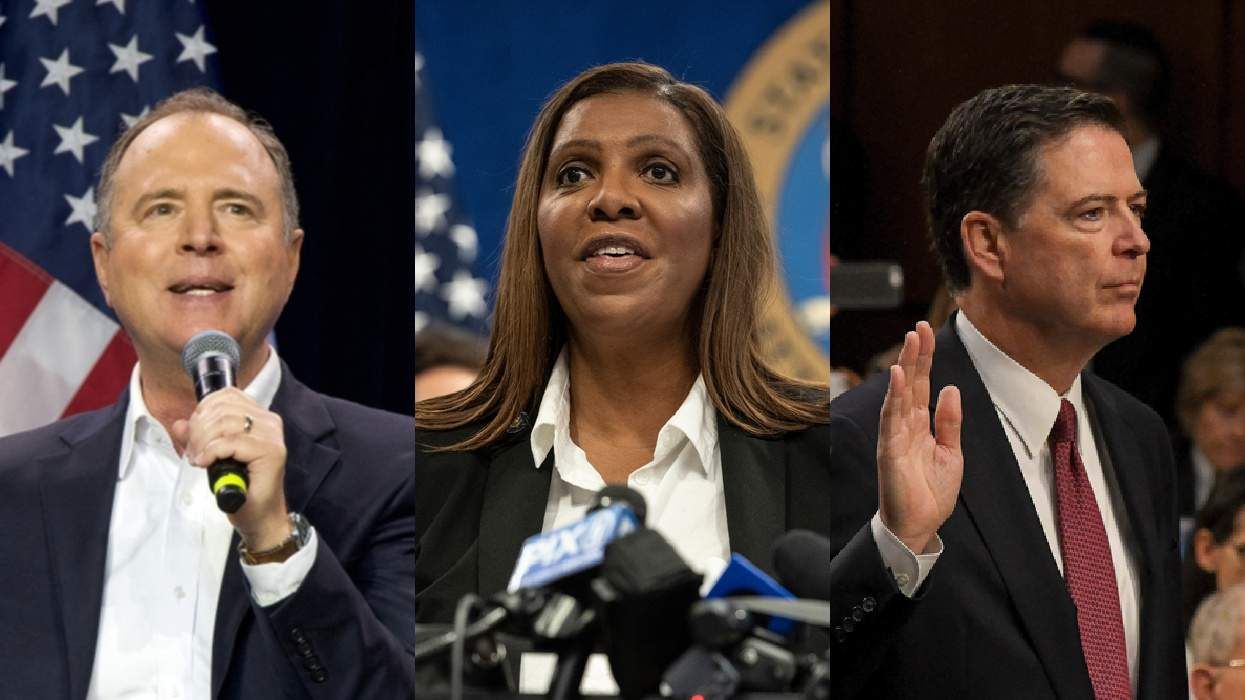

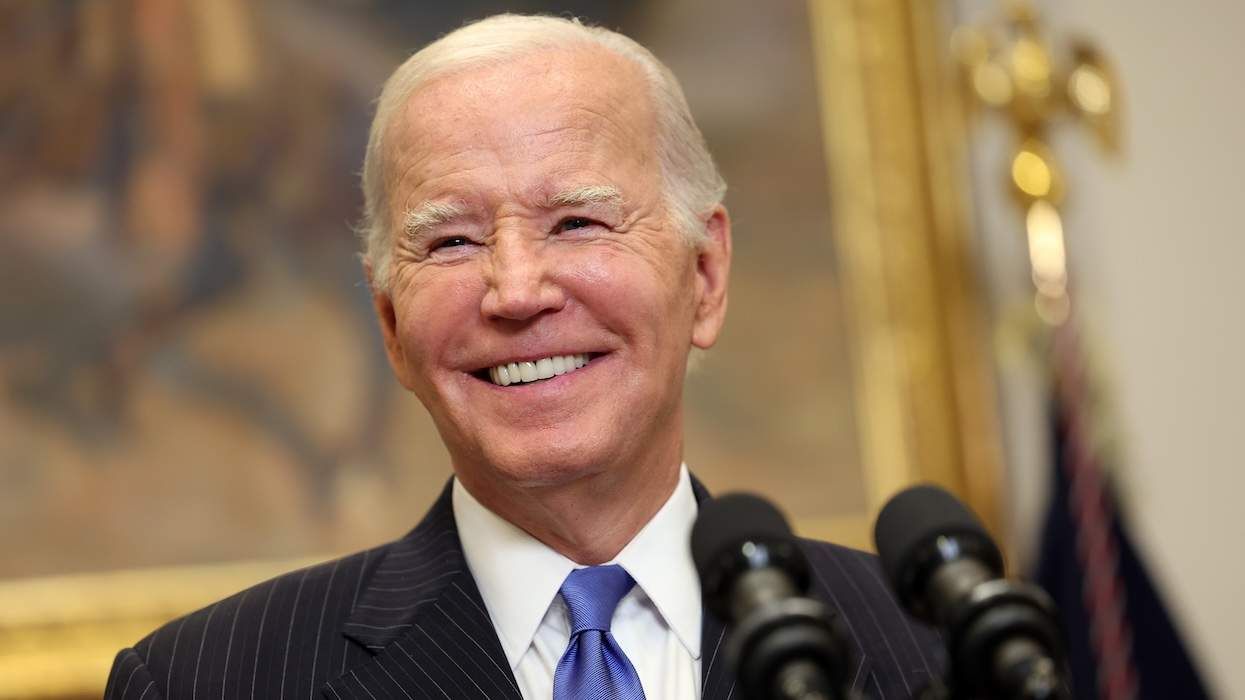
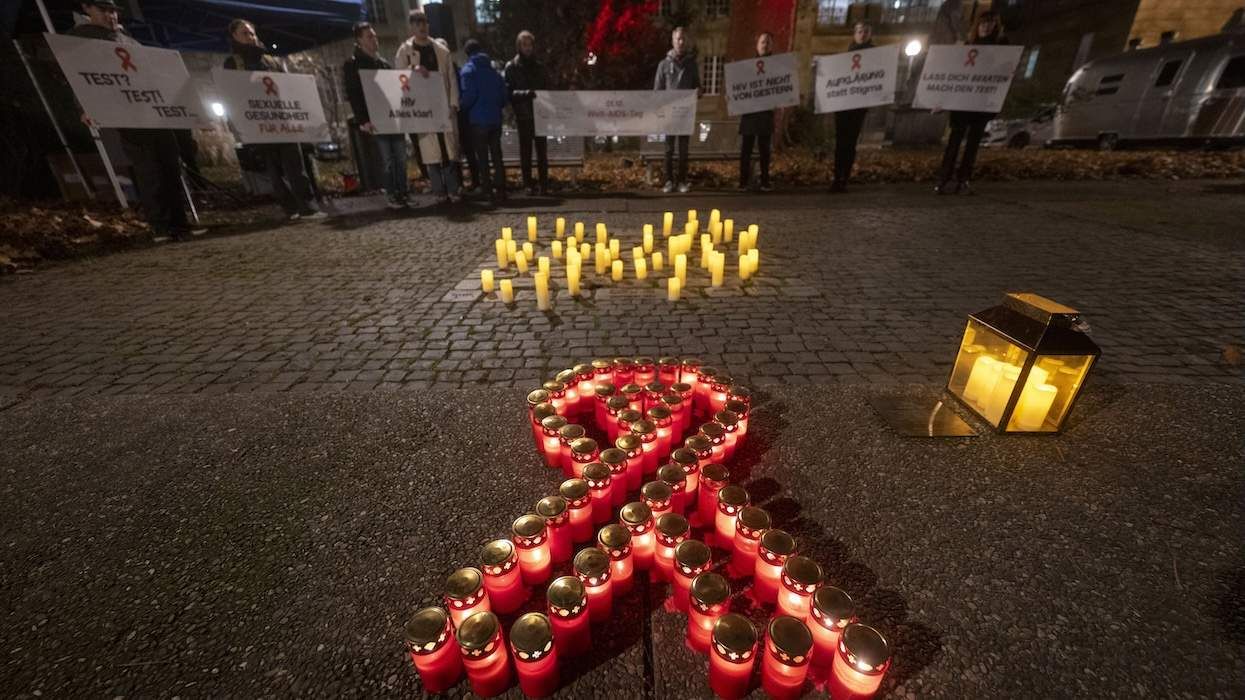


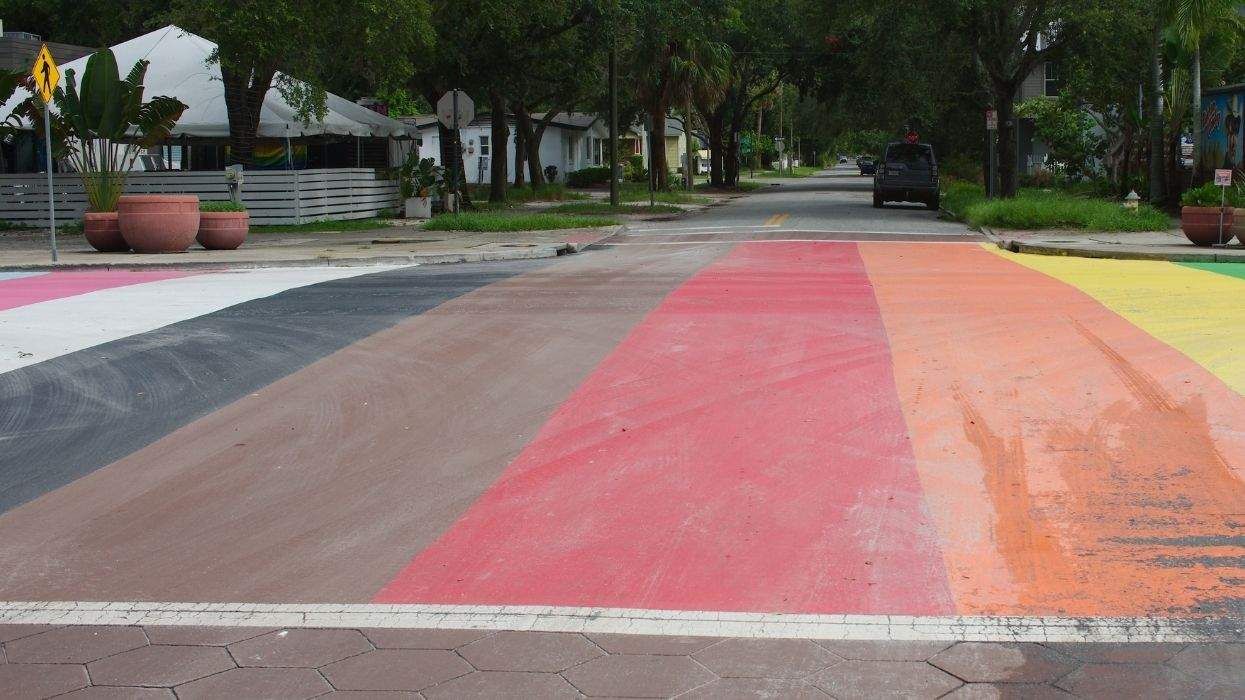
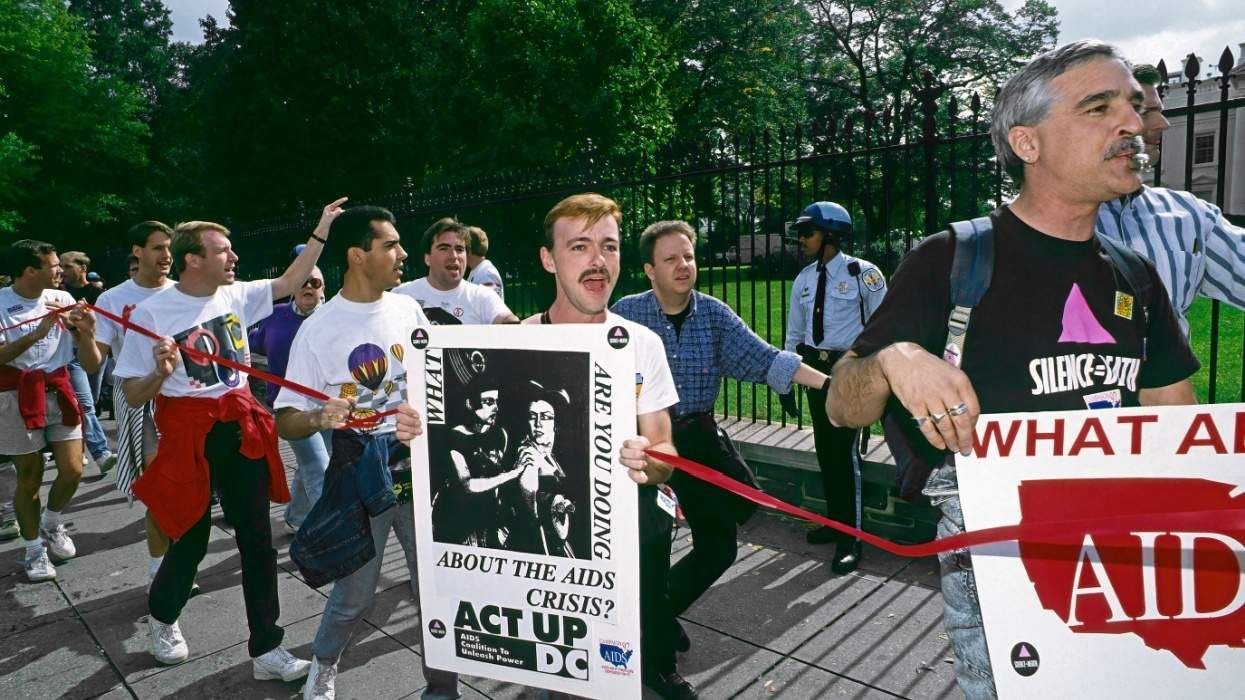

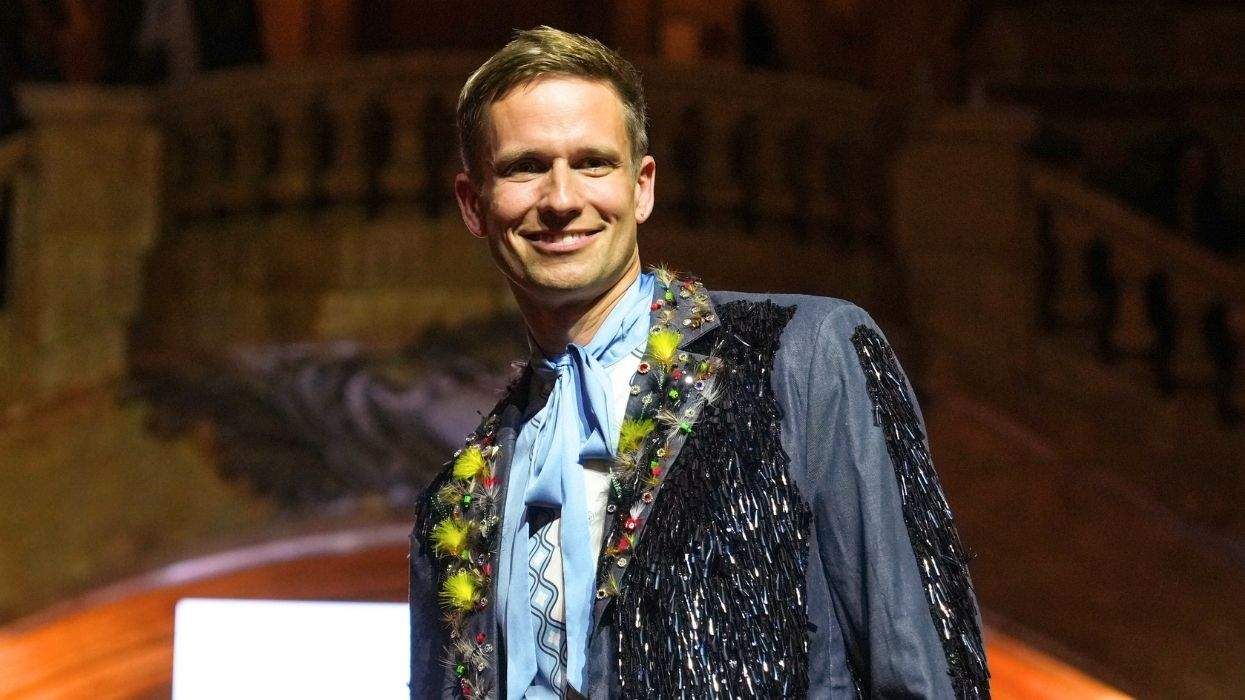




















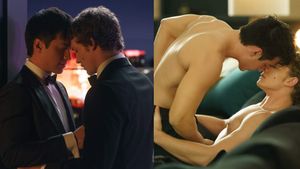




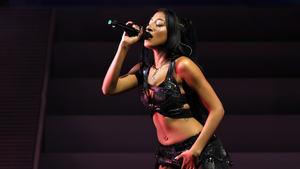














Charlie Kirk DID say stoning gay people was the 'perfect law' — and these other heinous quotes